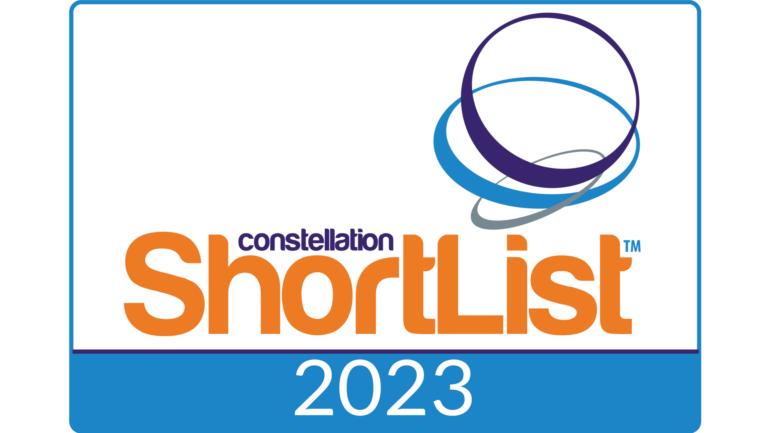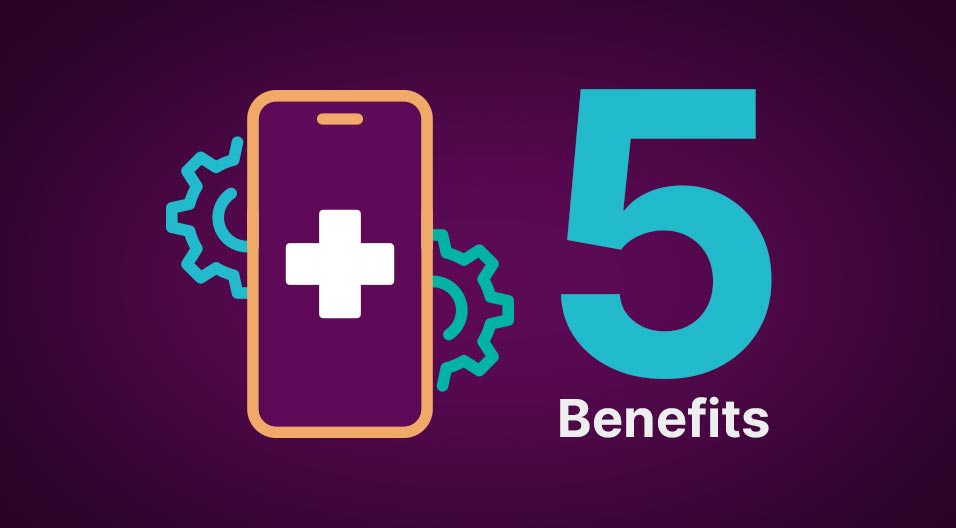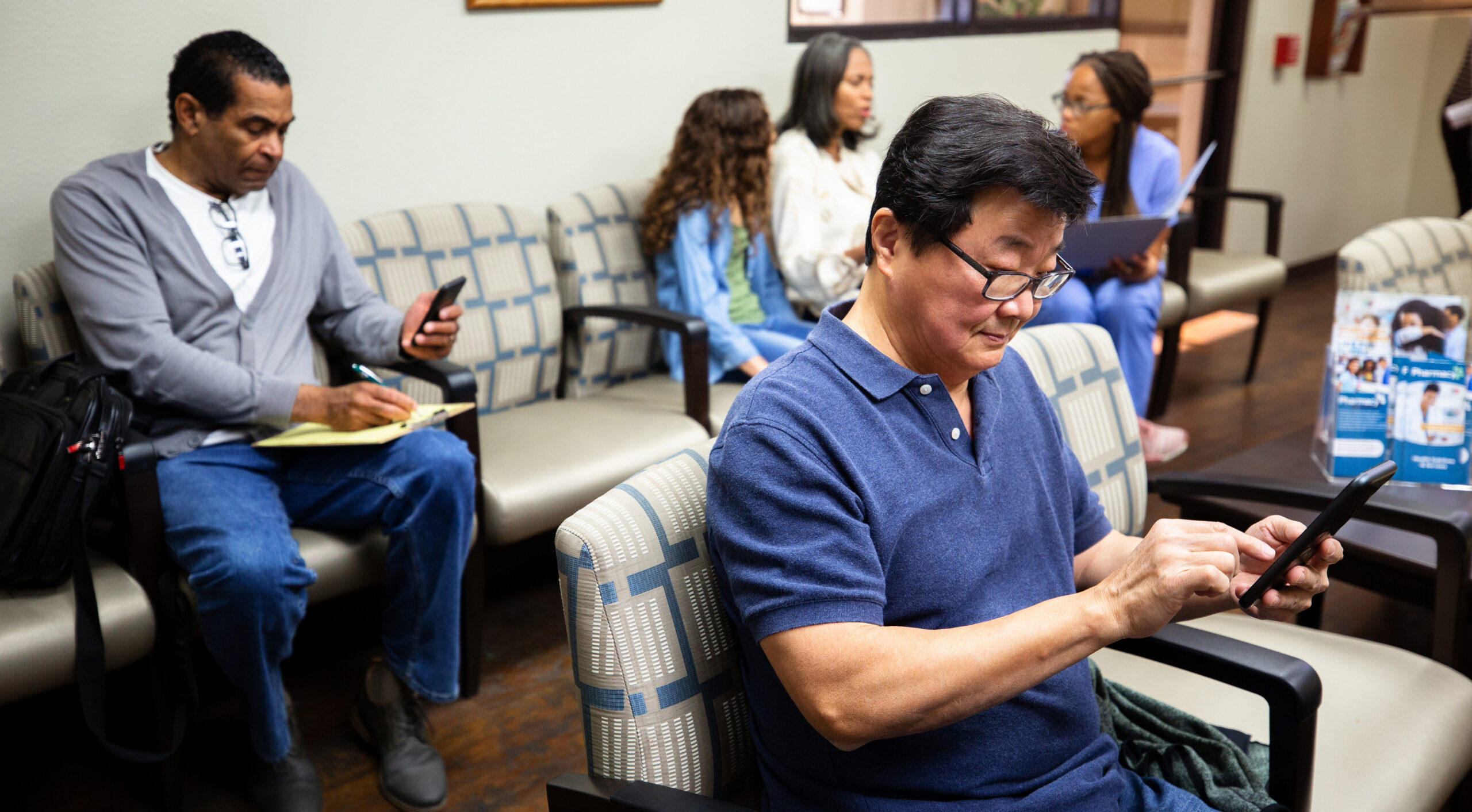The difference between patient engagement vs patient experience can easily be misunderstood and these terms are often used interchangeably by hospitals and providers. At first glance, it seems to carry the same meaning. However, the difference is in understanding that patient experience is an outcome measure. A single diagnosis may require a patient to travel through very different care settings and be touched by more than one health care provider throughout their journey. Those individual interactions and their perception of those interactions define the patient experience; how we as health systems engage patients and their caregivers in their own care to achieve a positive outcome, like patient experience, is patient engagement.
What is Patient Engagement?
Patient engagement means patient involvement. It is both process and behavior, and is shaped by the relationship between the patient and provider as well as the environment in which healthcare delivery takes place. A broader concept of this term combines patient activation with interventions designed to increase and promote positive patient behavior, such as obtaining preventive care or exercising regularly. Engaged patients are informed, proactive and involved in their health outcomes.
The provider contributes to engaging patients by having a relentless pursuit of maturing capabilities that are patient-centered, personalized, and focused on asynchronous access to information and communication. These communications build trust and serve as motivational triggers for the patient to participate, while the patient utilizes their own knowledge, skills, abilities, and willingness to manage their own health. Purposeful, effective patient engagement strategies maximize outcomes, build trust and loyalty – and improve the patient experience.
Building a Meaningful Patient Engagement Strategy
The key to a successful, effective patient engagement strategy is to meet patients where they are across the care continuum. This requires an omnichannel approach in which patients can be reached no matter their connection or device. It also means speaking your patients’ language – literally and figuratively. Technologies must be easy to navigate. Too often, patient portals are unintuitive and confusing to use. Providers must speak to patients in user-friendly – not medically foreign – words. Post-discharge readiness is also key to making sure patients leave their in-care setting equipped to remain engaged.
In order for a health system to use a patient engagement solution effectively, they must understand why patients are unengaged. If this occurs, providers must recognize it and then ask themselves why they are unengaged. Getting to the root cause of the problem will allow providers to meet patients where they are to engage or reengage them.
So Where Does a Healthcare Organization Begin?
When patients are receiving care, there is an immense opportunity to demonstrate caring behaviors, provide education, engage in helpful patient education, and deliver safe and effective clinical care. However, the volume of patient interactions, and stress of illness makes it very possible that some perceptions may be negative. It is critical that healthcare leaders are aware when interactions occur that require intervention and that timely resolution occurs. It is equally as important to learn from positive interactions and strengthen patient engagement strategy with reinforcement of those positive practices and recognition of caregivers.
Leaders have additional incentive and opportunity to improve experiences before patients step foot in the door and after patients have been discharged. Patient outreach, such as preventive health education and post-discharge follow up are playing an increasingly necessary aspect of delivering high-quality connected health care and proactively resolving patients’ issues outside the “four walls” of a hospital or care setting.
Ensuring that your organization’s patient engagement strategy encompasses activities across the continuum will lead to both short- and long-term success.








